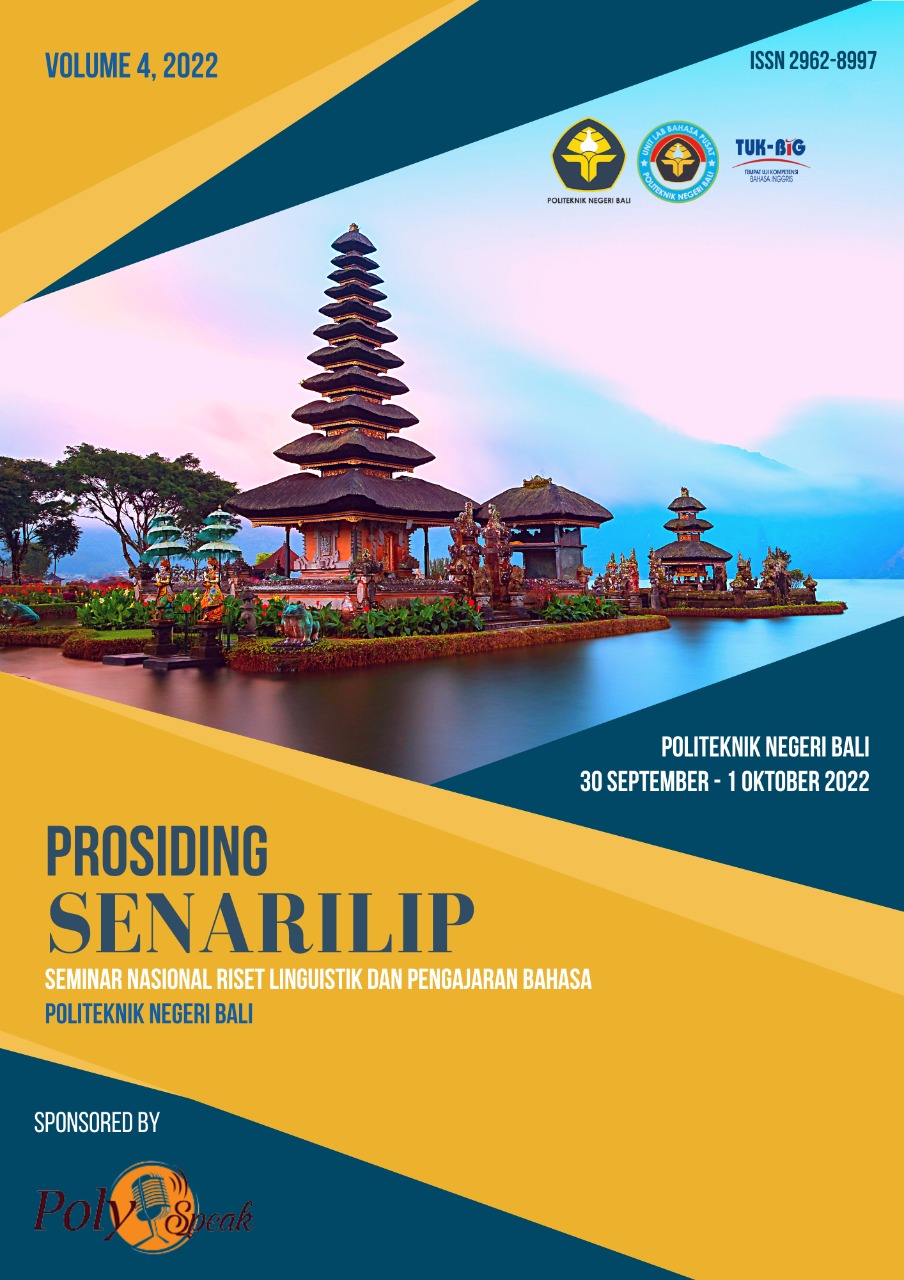Perempuan dalam Belenggu: Opresi dalam Gejolak Pasca Kemerdekaan
Keywords:
women freedom, oppression, post-independence, chaos, traumaAbstract
The events of PRRI, 1965, and 1998 are evidence of several protests by the public against the post-independence government. The
presence of this event stems from disappointment with the workings of the central government which is considered no longer in accordance with the values and norms that exist in Pancasila. In these three events, women became an inseparable part. Although, in essence, when fighting soldiers from the center directly, they were not women. However, it does not mean that women are free from the various problems they face. Therefore, further analysis is needed of women's lives in the post-independence period because basically the freedom that is depicted on women is always an ambiguous thing. This can be related to the narrative related to free women presented by Simone de Beauvoir. The method used in this study is a feminist approach to women's lives by means of descriptive narratives obtained through novels with the theme PRRI, 1965, and 1998. The data analysis technique used is to identify narratives that describe women's lives and contribute to the narrative of women's freedom that imaginative. Thus, it will be found that women who are considered free do not really have the freedom as stated by Simone de Beauvoir, and the interpretation that women are not truly free is reflected in the discourse attached to women, such as women must marry and have children in the Novel Trauma After Chaos or women who even became victims of the 1965 incident in Novel Pulang.

